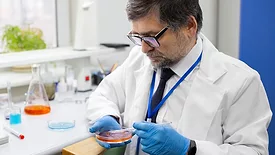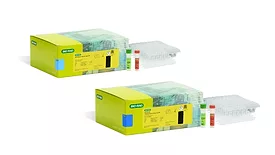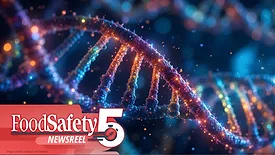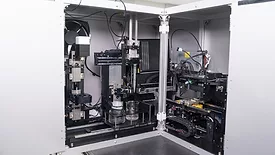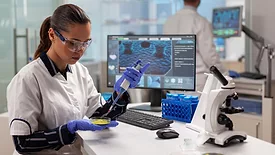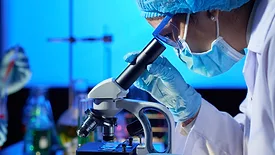Testing & Analysis
BIZTRACKS
Researchers Develop Rapid Onsite Test for 16 Foodborne Pathogens
January 20, 2026
Never miss the latest news and trends driving the food safety industry
Newsletters | Website | eMagazine
JOIN TODAY!Copyright ©2026. All Rights Reserved BNP Media.
Design, CMS, Hosting & Web Development :: ePublishing

